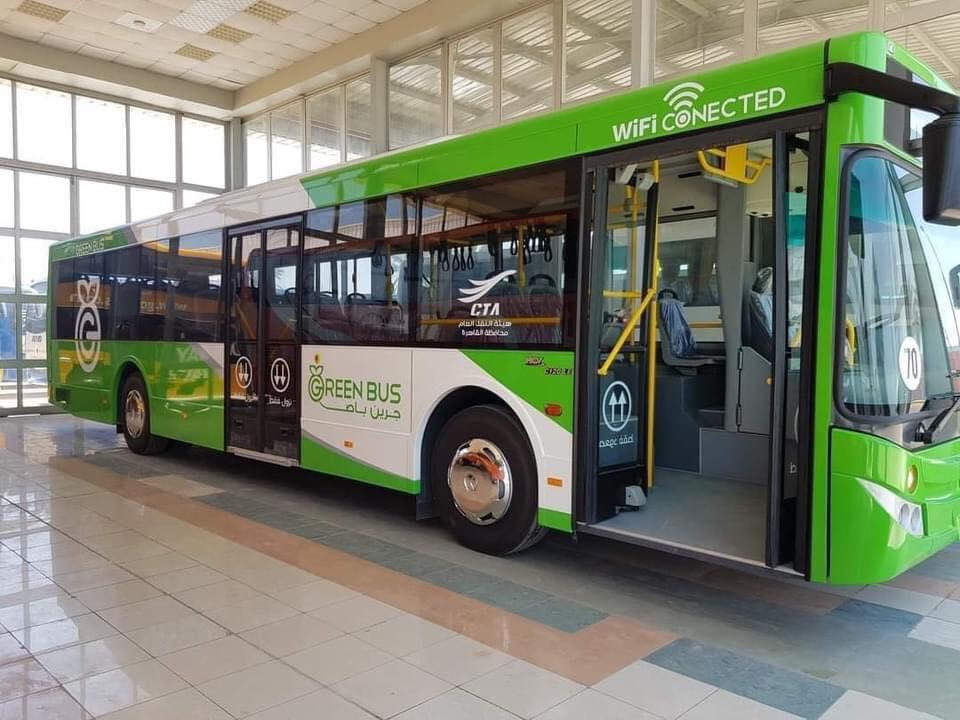Egypt is expanding its mass transit network to reduce reliance on private cars and carbon emissions.
As a result, Egypt saw billions of dollars in financing from international multilateral partners to support its green mobility transformation.
UK Export Finance (UKEF) offered $1.9 billion in financing for the 100-kilometer-long Cairo monorail in January 2021.
Egypt also received a $248 million loan from the European Bank for Reconstruction and Development (EBRD) in May to help fund the development of Alexandria’s first high-capacity metro network.
Over the past two years, Egypt has secured $2.4 billion in assistance from international development partners to transition to a low-carbon and energy-efficient economy, Minister of International Cooperation Rania Al-Mashat said during the 48th annual G7 Summit.
The government expects that these advances will reduce reliance on private cars.
According to the “Environment, Development and Sustainability Vol. 24, Issue 9” journal published in September 2022, the transportation sector accounted for 32% of total carbon emissions in 2019. Egypt had 5.4 million passenger cars in 2021, representing about half of all vehicles, Central Agency for Public Mobilization and Statistics (CAPMAS) data showed.







